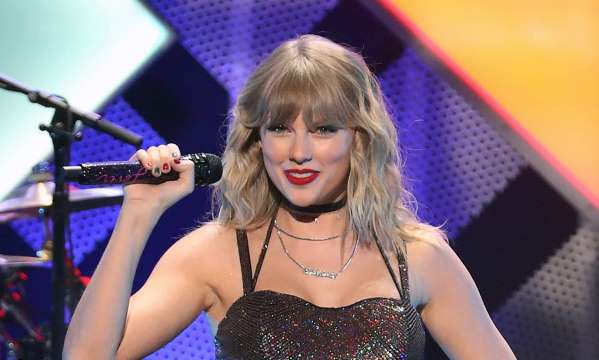Music Industry Bosses To Defend Right To Large Chunk Of Revenues From Streaming Services
Music industry bosses will be ready to defend their right to a large portion chunk of revenues from streaming services (Spotify, Apple Music, Deezer, Tidal, etc.) in the mix with the threat of a crackdown.
Three major labels – Warner, Sony Music and Universal, which has Taylor Swift on its books – The head bosses will tell MPs that their huge cut is fair reward for the risks involved in funding recordings, distribution and marketing.
Many arguments have been heard by The Department of Culture Media and Sport committee’s who also is a part of the music scene as they probe the economics. Some of those arguments include Elbow’s Guy Garvey and singer-songwriter Nadine Shah, who believe artists should be entitled to a larger share of revenues from streaming services such as Spotify and Apple Music.
Streaming services do not disclose their revenue breakdown, but artists estimate that, of a $9.99 Spotify subscription, $4.58 goes to labels, around $2 to Spotify and just 46¢ to artists – with the remainder going to rights holders and in taxes.
One major label source said: ‘If regulations order streaming platforms to pay artists a specific share, we would have less to invest in breaking new artists and the platforms may put up subscription costs.’
The shutdown of the live music industry has sharpened the debate around streaming revenues as artists who typically depend on income from performances attempt to stay afloat.
Taylor, who’s body represents hundreds of labels, said that successful artists help to subsidise those which do not break even with just one in ten artists typically expected to succeed commercially.
Sources say, Tom Gray, of Gomez, who runs the #BrokenRecord campaign, said ‘We would like a remuneration right for performers to reflect that streaming is not a ‘sale’ as the majors insist but is, in fact, what a child can see – a combination of rental, passive radio-like listening and a license: all of which should produce higher rates of pay for artists and performers than a ‘sale’.’
The growth of streaming has breathed new life into the music industry, which was ravaged by piracy in the early 2000s. ?☠️
Sources also said an increase in subscription prices could open the door to the widespread return of piracy, which costs the industry an estimated $200 million a year.
The select committee’s chair, Julian Knight MP, has claimed that some people interested in appearing before the committee feared speaking up, worried it could damage their careers.
A major label insider claimed: ‘Many artists on major labels are perfectly happy with their contracts and the revenue they receive, however they don’t want to be seen as sticking up for a multinational corporation.’




 We use cookies to ensure you get the best experience on our blog.
By continuing, you agree to our use of cookies.
We use cookies to ensure you get the best experience on our blog.
By continuing, you agree to our use of cookies.